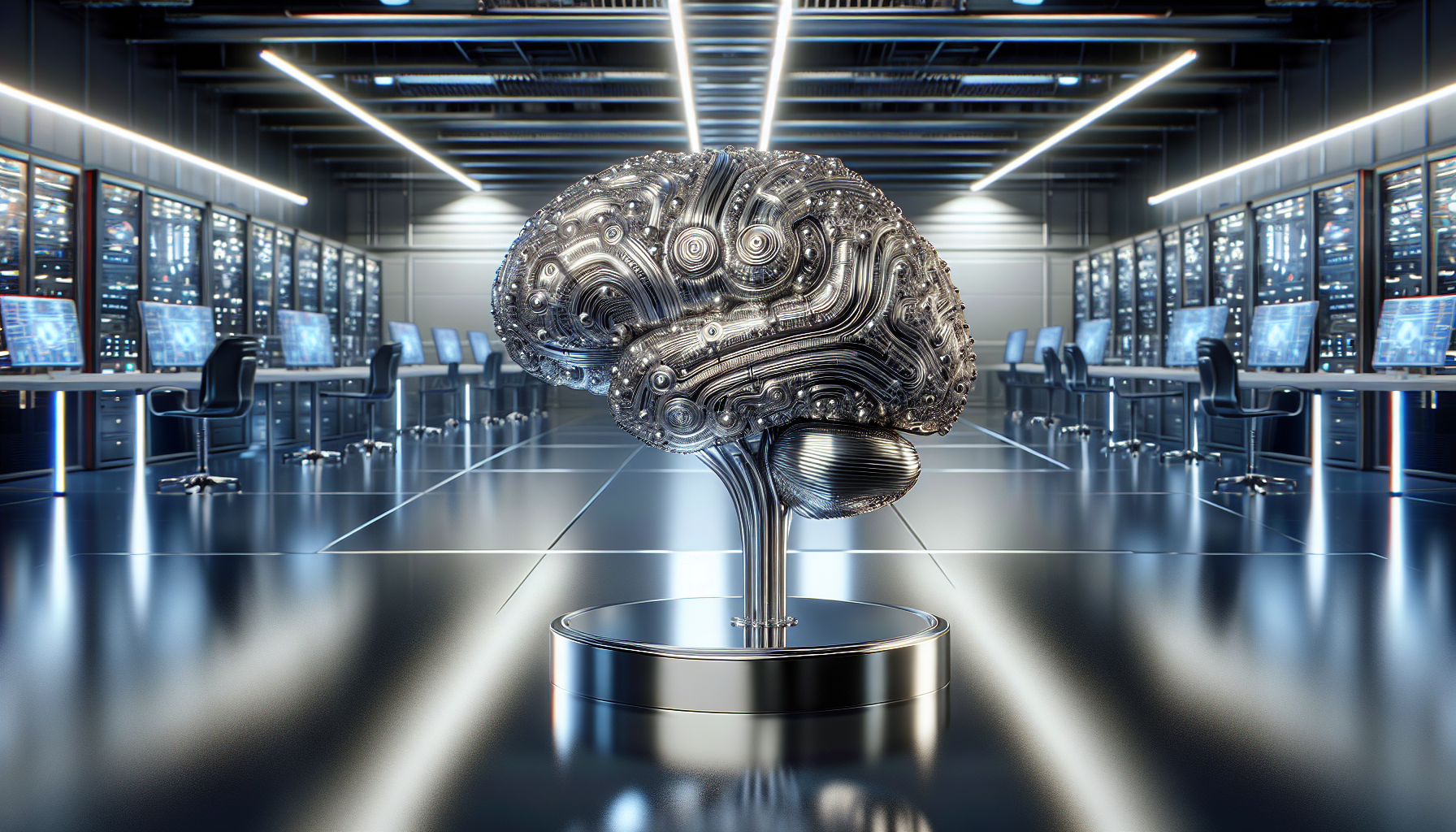
AI in Aviation: A How-to Guide for Enhancing Safety and Efficiency
November 18, 2025
Artificial intelligence (AI) is redefining the aviation industry by introducing sophisticated solutions that bolster safety and efficiency. This transformative technology offers a plethora of applications, from optimizing flight operations to enhancing predictive maintenance. Understanding how AI can be integrated into aviation to improve these critical areas is essential for stakeholders committed to advancing the future of air travel.
To begin with, the application of AI in flight operations introduces a level of precision and reliability previously unattainable. AI systems can process vast amounts of real-time data to optimize flight paths, reducing fuel consumption and minimizing delays. By continuously learning from historical data and current weather patterns, AI can predict optimal routes, thus ensuring a smoother and more efficient journey. Airlines interested in adopting AI-driven solutions must focus on acquiring robust data analytics platforms that can process and analyze data efficiently. Collaboration with AI specialists and data scientists is crucial to tailor these platforms to the specific needs of aviation.
When it comes to enhancing safety, AI is pivotal in predictive maintenance—a proactive approach that significantly reduces the risk of mechanical failures. By employing machine learning algorithms, airlines can predict potential equipment failures before they occur. These algorithms analyze data from various sensors on aircraft systems, identifying patterns and anomalies that could indicate wear and tear. Airlines should invest in advanced sensor technology and develop a comprehensive data management strategy to maximize the benefits of predictive maintenance. This approach not only ensures the safety of passengers but also reduces operational costs by minimizing unscheduled maintenance and downtime.
AI's role in improving air traffic management (ATM) is another area ripe for exploration. Traditional air traffic control relies heavily on human judgment and experience, which, while invaluable, can be prone to error. AI systems can support air traffic controllers by providing real-time decision-making assistance. These systems analyze air traffic patterns and suggest optimal landing sequences, reducing congestion and enhancing the overall efficiency of the airspace. Implementing AI in air traffic management requires a collaborative effort between aviation authorities and technology providers to ensure seamless integration and regulatory compliance.
Moreover, AI is instrumental in augmenting pilot training programs. Virtual reality (VR) and AI-powered simulators offer immersive training experiences that replicate real-world flying conditions. These tools provide pilots with opportunities to hone their skills in a controlled environment, experiencing scenarios ranging from routine flights to emergency situations. For airlines, investing in AI-enhanced training programs can ensure a higher standard of pilot proficiency and preparedness, ultimately leading to safer skies.
Customer experience is another frontier where AI can make significant contributions. From personalized booking processes to real-time customer service chatbots, AI can enhance the passenger journey. Airlines can use AI algorithms to analyze customer preferences and provide tailored recommendations, improving satisfaction and loyalty. To leverage AI effectively in this domain, airlines must prioritize data privacy and security, ensuring that customer information is safeguarded while providing personalized services.
The integration of AI in aviation is not without its challenges. Concerns regarding data security, ethical considerations, and the potential for job displacement must be addressed. Establishing robust cybersecurity measures and ethical guidelines is imperative to navigate these challenges successfully. Furthermore, the aviation industry should focus on reskilling and upskilling the workforce to adapt to AI-driven changes, ensuring that human expertise remains central to operations.
In conclusion, the adoption of AI in aviation represents a paradigm shift that promises to enhance both safety and efficiency. By embracing this technology, airlines can achieve operational excellence and set new standards in air travel. As we explore the vast potential of AI, one must ponder: how will the next generation of AI innovations further transform the aviation landscape, and what new possibilities will they unlock for the future of flight?


